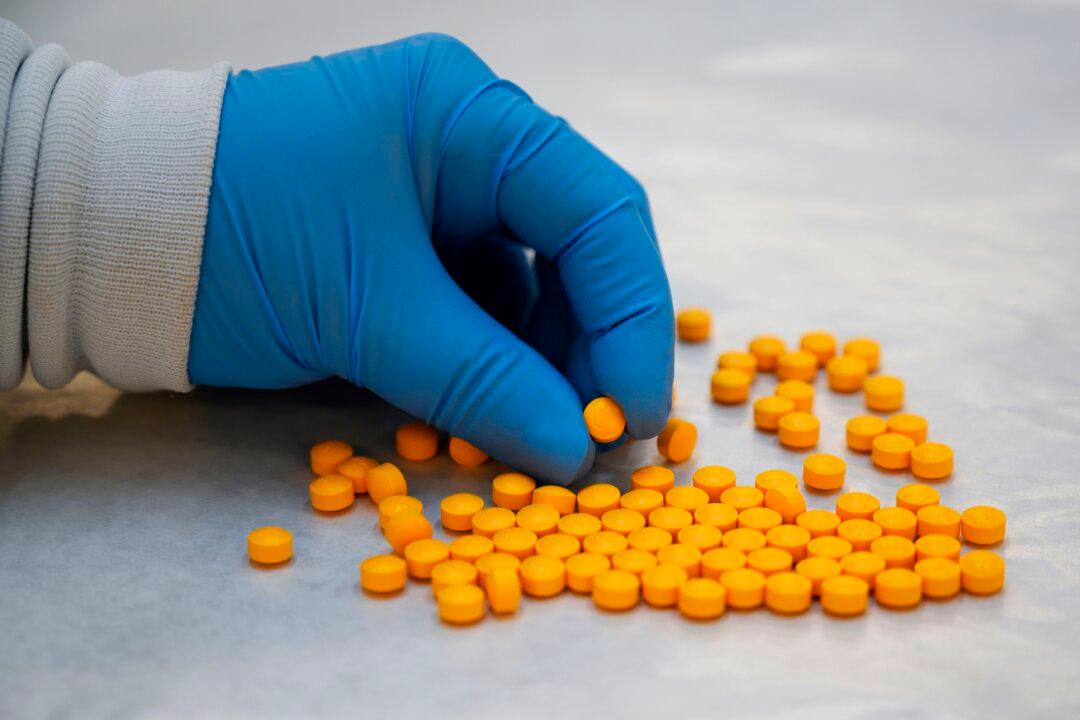Commentary
In November 2021, President Joe Biden remembered all those who had died from drug overdoses in 2020—more than 100,000 Americans–a new milestone in the nation’s escalating crisis. However, in remembering the dead, the president failed to call out China.





